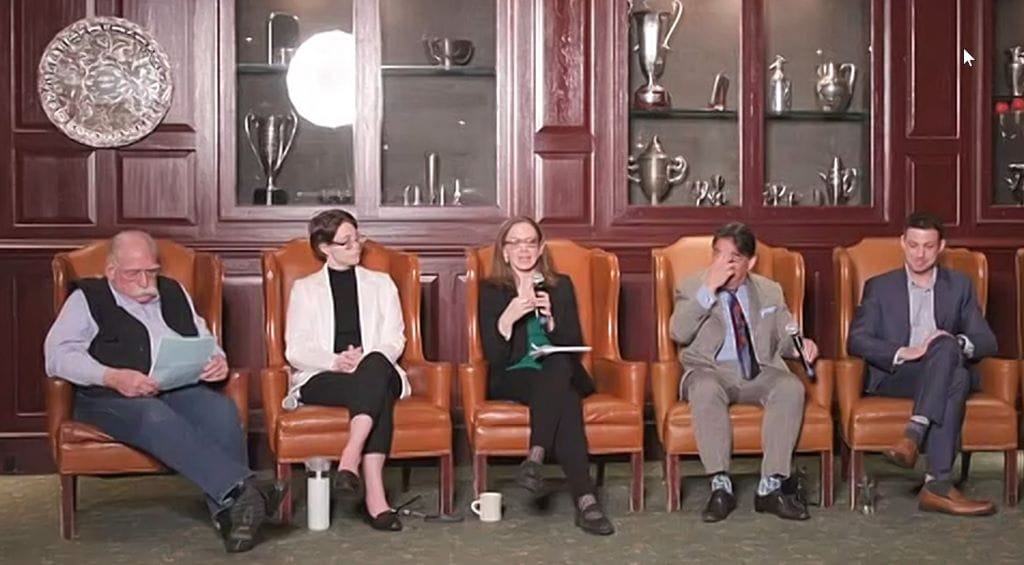Section 230 Shuts Down Conversation on First Amendment, Panel Hears
The law prevents discussion on how the first amendment should be applied in a new age of technology, says expert.
Teralyn Whipple

WASHINGTON, March 9, 2023 – Section 230 as it is written shuts down the conversation about the first amendment, claimed experts in a debate at Broadband Breakfast’s Big Tech & Speech Summit Thursday.
Matthew Bergman, founder of the Social Media Victims Law Center, suggested that section 230 avoids discussion on the appropriate weighing of costs and benefits that exist in allowing big tech companies litigation immunity in moderation decisions on their platforms.
We need to talk about what level of the first amendment is necessary in a new world of technology, said Bergman. This discussion happens primarily in an open litigation process, he said, which is not now available for those that are caused harm by these products.

All companies must have reasonable care, Bergman argued. Opening litigation doesn’t mean that all claims are necessarily viable, only that the process should work itself out in the courts of law, he said.
Eliminating section 230 could lead to online services being “over correct” in moderating speech which could lead to suffocating social reform movements organized on those platforms, argued Ashley Johnson of research institution, Information Technology and Innovation Foundation.
Furthermore, the burden of litigation would fall disproportionally on the companies that have fewer resources to defend themselves, she continued.
Bergman responded, “if a social media platform is facing a lot of lawsuits because there are a lot of kids who have been hurt through the negligent design of that platform, why is that a bad thing?” People who are injured have the right by law to seek redress against the entity that caused that injury, Bergman said.
Emma Llanso of the Center for Democracy and Technology suggested that platforms would change the way they fundamentally operate to avoid threat of litigation if section 230 were reformed or abolished, which could threaten freedom of speech for its users.
It is necessary for the protection of the first amendment that the internet consists of many platforms with different content moderation policies to ensure that all people have a voice, she said.
To this, Bergman argued that there is a distinction between algorithms that suggest content that users do not want to see – even that content that exists unbeknownst to the seeker of that information – and ensuring speech is not censored.
It is a question concerning the faulty design of a product and protecting speech, and courts are where this balancing act should take place, said Bergman.
This comes days after law professionals urged Congress to amend the statue to specify that it applies only to free speech, rather than the negligible design of product features that promote harmful speech. The discussion followed a Supreme Court decision to provide immunity to Google for recommending terrorist videos on its video platform YouTube.
 Broadband BreakfastBroadband Breakfast
Broadband BreakfastBroadband Breakfast










Member discussion